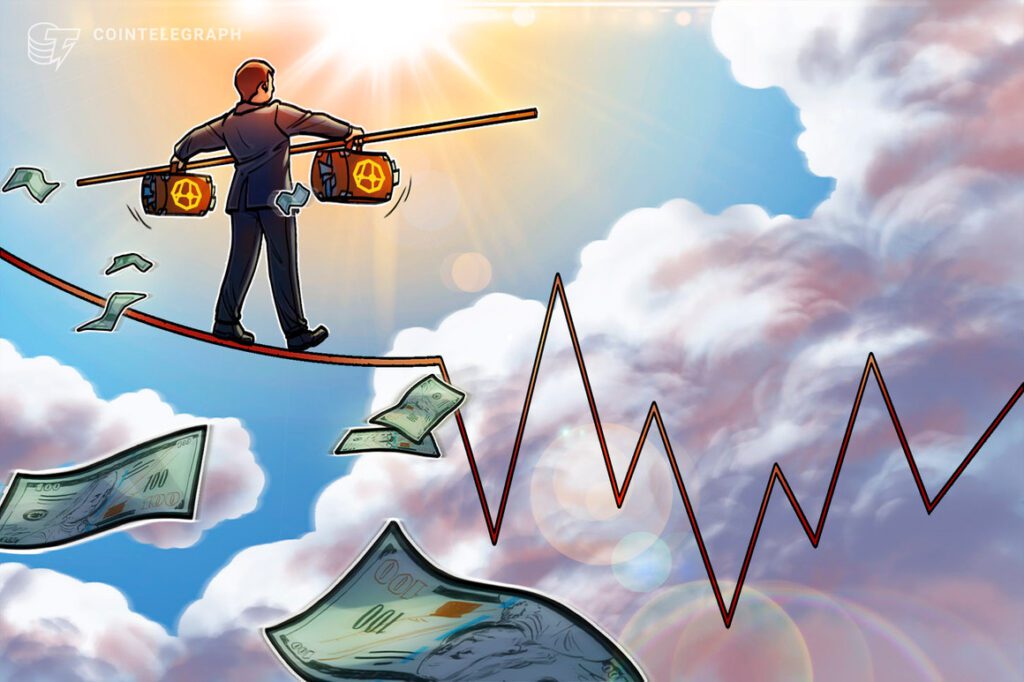Richard Handler, the CEO of Jefferies Financial Group, seemingly alleged on Nov. 10 that he knew about FTX’s liquidity problems back in July. In a Twitter thread, Jeffries revealed screenshots of emails that he claimed were sent to associates of Sam Bankman-Fried.
The images Handler provided do not show the names or email addresses of the other parties to the conversation, but the bodies of the messages imply that Handler was trying to warn SBF about a potential financial problem at FTX and offer Jeffries’ restructuring services as a solution.
My personal email trail on my non-meeting with #FTX! #lessons
— Rich Handler (@HandlerRich) November 10, 2022
The first email is dated July 7, 2022. In it, Handler asks the recipient if they know Sam Bankman-Fried. Handler states that he is concerned SBF “seems in over his head, and could quickly be in a precarious position.”
The recipient of the first email responded by saying that they have spoken to SBF once and have exchanged emails with him, “including recently.” They tell Handler that they will send SBF a note.
In the following email, Handler responds:
“We should get together for a meeting or dinner. What he is going through is not going to pass as quickly as he might wish and you can quickly become the rescuee versus the rescuer if you are not careful.”
According to Handler, the other party to this conversation did reach out to SBF, but “He never responded nor took a meeting.”
Handler said that he tried once again to contact SBF on September 16, less than two months before the present liquidity crisis started, but the FTX CEO once again did not respond.
On November 7, FTX customers started facing slow withdrawals as the exchange suffered a liquidity crisis. The exchange’s CEO admitted on November 10 that it needs an $8 billion bailout to deal with the crisis. The crisis quickly spread throughout the crypto economy, at one point causing Bitcoin to fall below $16,000 for the first time since 2020.
The first emails from Handler are dated July 7, over four months before the beginning of the company’s public crisis. It is unclear why, if Handler knew about the issues, he did not alert others in the industry, instead choosing to allow the crisis to unfold.


